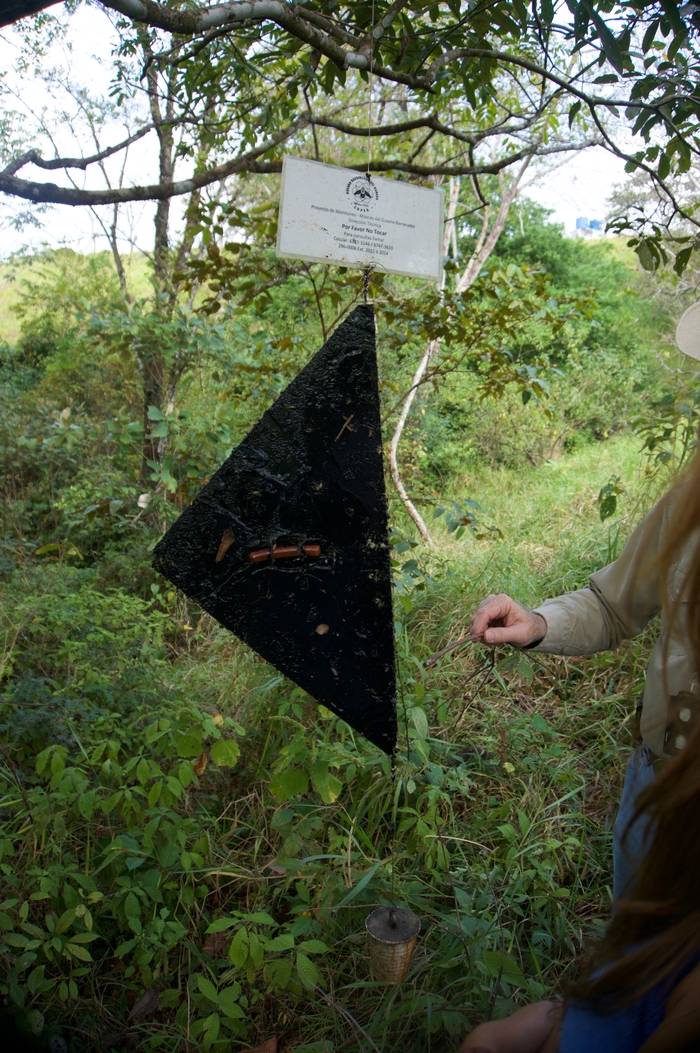An investigation into the potential risks of release of transgenic New World screwworm fly Cochliomyia hominivorax Development project
Scott, Max
Description:The Commission for the Eradication and Prevention of screwworm (COPEG), was created by a Cooperative Agreement signed on February 11, 1994, between Panama and the United States, which became Republic Act (No. 13, May 6, 1999) and subsequently recognized as International Mission.
COPEG objectives are defined in two stages: Elimination and Prevention of screwworm (NWS) in the Republic of Panama, without harming the environment. On July 12, 2006, the country was declared free of the plague and it was the opening of Sterile Fly Production Plant in Pacora.
The Panama plant is the cornerstone of prevention and ensure the maintenance of the biological barrier of sterile flies, which remains from the Province of Darien to 20 nautical miles inside Colombian territory, which is supported by a ground surveillance system. Both activities, in order to safeguard Panama and the rest of the countries of Central and North America of the pest reinfestation.
In addition to these objectives, the organization takes the Epidemiological Monitoring of Vesicular Disease and Prevention of FMD and other emerging diseases of interest to both countries.
Region(s)/Country(s): Panama
Dates:
01/01/2011 - 08/31/2020
Institutional Partner(s):
USDA Animal and Plant Health Inspection Service (APHIS), USA
Funding Agency(s)/Sponsor(s):
National Institute of Food and Agriculture (NIFA) | U.S. Department of Agriculture (USDA)
 Faculty Profile Login
Faculty Profile Login